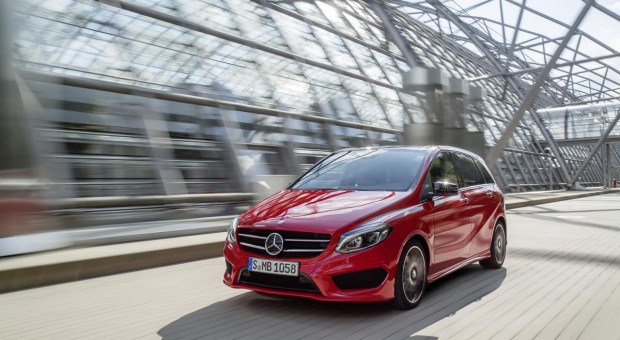
Mercedes-Benz is one of the most recognizable and well-respected car brands in the world. Known for producing high-quality luxury vehicles, Mercedes-Benz has built a reputation for using powerful and reliable engines in their cars. Recently, however, the company has started using engines from PSA Group, a French automotive company. In this article, we will explore why Mercedes-Benz has chosen to use PSA engines in their cars.
PSA Group is a French multinational automotive company that designs and manufactures a wide range of vehicles, including cars and commercial vehicles. The company was founded in 1976 and has since become one of the largest automotive manufacturers in Europe. PSA Group is the parent company of several well-known automotive brands, including Peugeot, Citroën, DS Automobiles, and Opel/Vauxhall.
In recent years, PSA Group has developed a new range of engines, known as the PureTech and BlueHDi engines. These engines are designed to be more efficient and environmentally friendly than previous generations of engines. They use advanced technologies such as direct injection, turbocharging, and variable valve timing to achieve better performance and fuel economy.
Mercedes-Benz has decided to use PSA engines in some of their cars because they offer several advantages. Firstly, PSA engines are more fuel-efficient than many other engines on the market, which helps Mercedes-Benz to meet emissions regulations and reduce its carbon footprint. Secondly, PSA engines are more reliable and durable than many other engines, which helps to reduce maintenance costs for Mercedes-Benz customers.
Another reason why Mercedes-Benz has chosen to use PSA engines is that they are well-suited to hybrid and electric cars. As the automotive industry moves towards a future where electric cars will become the norm, car manufacturers are looking for ways to reduce their dependence on traditional combustion engines. PSA engines are designed to work in combination with electric motors, making them an ideal choice for hybrid and electric cars.
Furthermore, PSA engines are compatible with Mercedes-Benz’s modular platform, which allows the company to produce a wide range of vehicles using the same basic components. This approach helps to reduce development and production costs, which can be passed on to customers in the form of lower prices.
In conclusion, Mercedes-Benz has chosen to use PSA engines in some of their cars because they offer several advantages over other engines on the market. PSA engines are more fuel-efficient, reliable, and well-suited to hybrid and electric cars. They are also compatible with Mercedes-Benz’s modular platform, which helps to reduce costs and improve efficiency. As the automotive industry continues to evolve, it will be interesting to see how Mercedes-Benz and other car manufacturers adapt to new technologies and changing customer preferences.
















